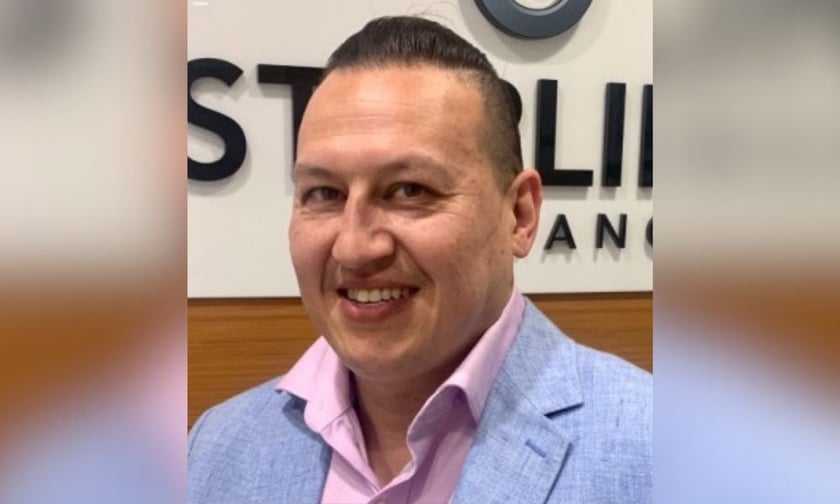

Earlier this month, two Australian insurance firms teamed up to “fast track the delivery of advanced technology” to agencies, brokers and the wider industry.
In a media release, BAIS insurance technology (BAIS), an insurtech, and Sterling Insurance, an underwriting agency, announced a partnership to set up a digital laboratory. The laboratory, said the release, will explore better processes, efficiencies and customer outcomes through the use of artificial intelligence (AI) and digital tools.
Sterling’s director Tony Parington (pictured above) said the transparency of this digital lab partnership is what sets it apart.
“The main difference is that this is a genuine collaboration,” he said. “We are both sharing our business operations, processes and secrets in a transparent manner.”
Sydney-based Parington said the “typical linear development process” in similar partnerships can be “plagued by changes in scope bringing with it cost and time blow outs.”
Insurance Business asked Parington how learnings will be shared with the wider industry?
“We are keen to share successful business cases to help the industry understand how much value new technology can drive,” he said. “Also, BAIS plan to share details with their BAIS User Group as the laboratory develops, to discuss how outcomes can be implemented effectively with them.”
Parington, who has 20 years’ experience directing his firm and has also worked as a broker, said he expects the biggest gains from incorporating advanced technology to be around productivity and the accuracy of data.
“We are looking at ways to reduce turnaround time for customers, increase customer service and improve underwriting results,” he said. “The knock-on effect will be the ability to build skills within the Sterling team and have more people working on more added value, customer service activities compared to administrative functions.”
IB asked Parington if the digital lab is working on something specific right now?
“We are looking across all of our business processes to see where new technology can make improvements,” he said. “More specifically, our initial focus is on CRM capabilities, a digital mailroom and business intelligence solutions.”
He said the “wealth of data” in the BAIS system is “the golden thread that ensures the integrity of data and can be used to improve things like predictability and automated CRM-driven marketing campaigns.”
In the release, BAIS CEO David Hampton mentioned the talent crunch and the high cost of hiring new staff.
“BAIS is committed to tackling this issue for customers and we want to be at the forefront of the emerging AI capability in Australia and the seven countries where we operate,” he said.
In a recent article published on ANZIIF’s website, Hampton discussed how insurance companies can make use of AI to deal with the shortage of talent.
“While not necessarily a new problem for the industry [the talent crunch], what now appears to be different is that we have new tools [like AI] that can alleviate these issues,” he said in the article.
Hampton listed 11 “key foundations” for successful AI implementation. Among the 11 foundations: data management and analytics, machine learning (ML) algorithms and predictive modelling.
He also said addressing AI-related concerns around “data privacy, ethics and bias” were also important.
“Central to realising the benefits, is the need to maintain data integrity, especially with respect to your core insurance systems and ‘golden records’,” said Hampton.
Many industry stakeholders see AI as both an opportunity and a threat.
A recent survey of IT leaders, including those at insurance companies, found that more than 60% of firms globally have cut staff due to the implementation of AI and ML technologies.
Rackspace Technology surveyed IT decision makers across a range of sectors in the Americas, Europe, Asia, and the Middle East.
“When we look to computers or we look to technology to make an organisation more profitable and more efficient … some of these organisations have employed, in some cases, mountains of people to be able to do some of this work,” said Jeff DeVerter, Rackspace’s chief technology evangelist.
DeVerter said he did not see the senior underwriter of the future being replaced by AI but he did predict an end to “armies of underwriters”.
The “smart individuals are reading the tea leaves and figuring out what skills they need to adopt”, said DeVerter.
Are you an insurance industry stakeholder? Where do you see AI helping your business? What concerns do you have?
